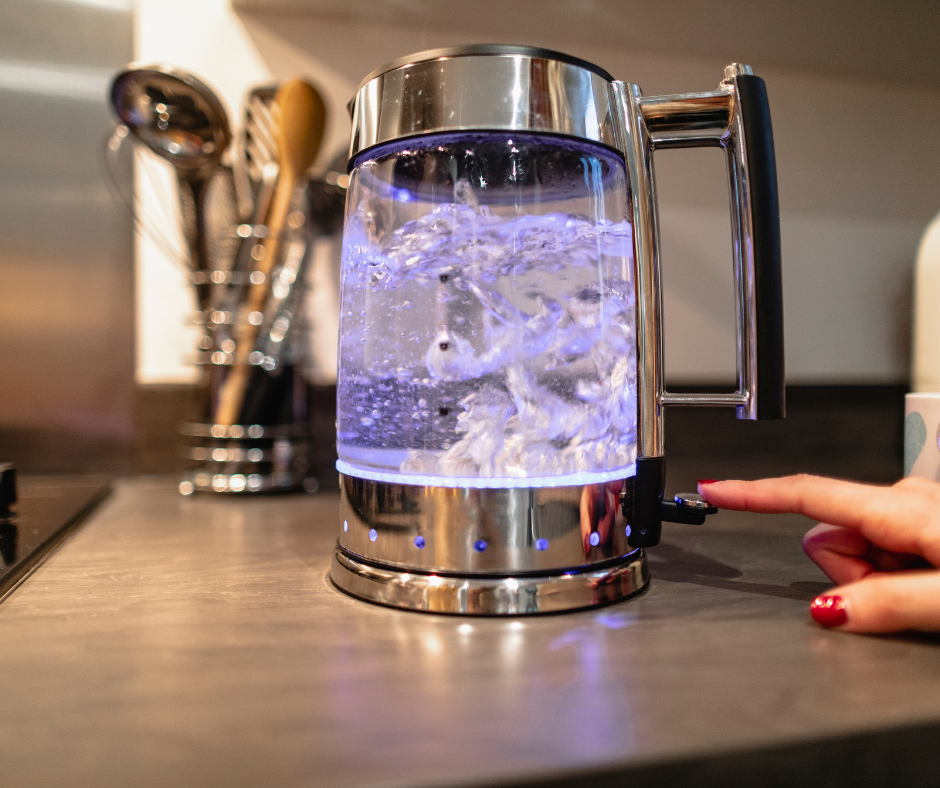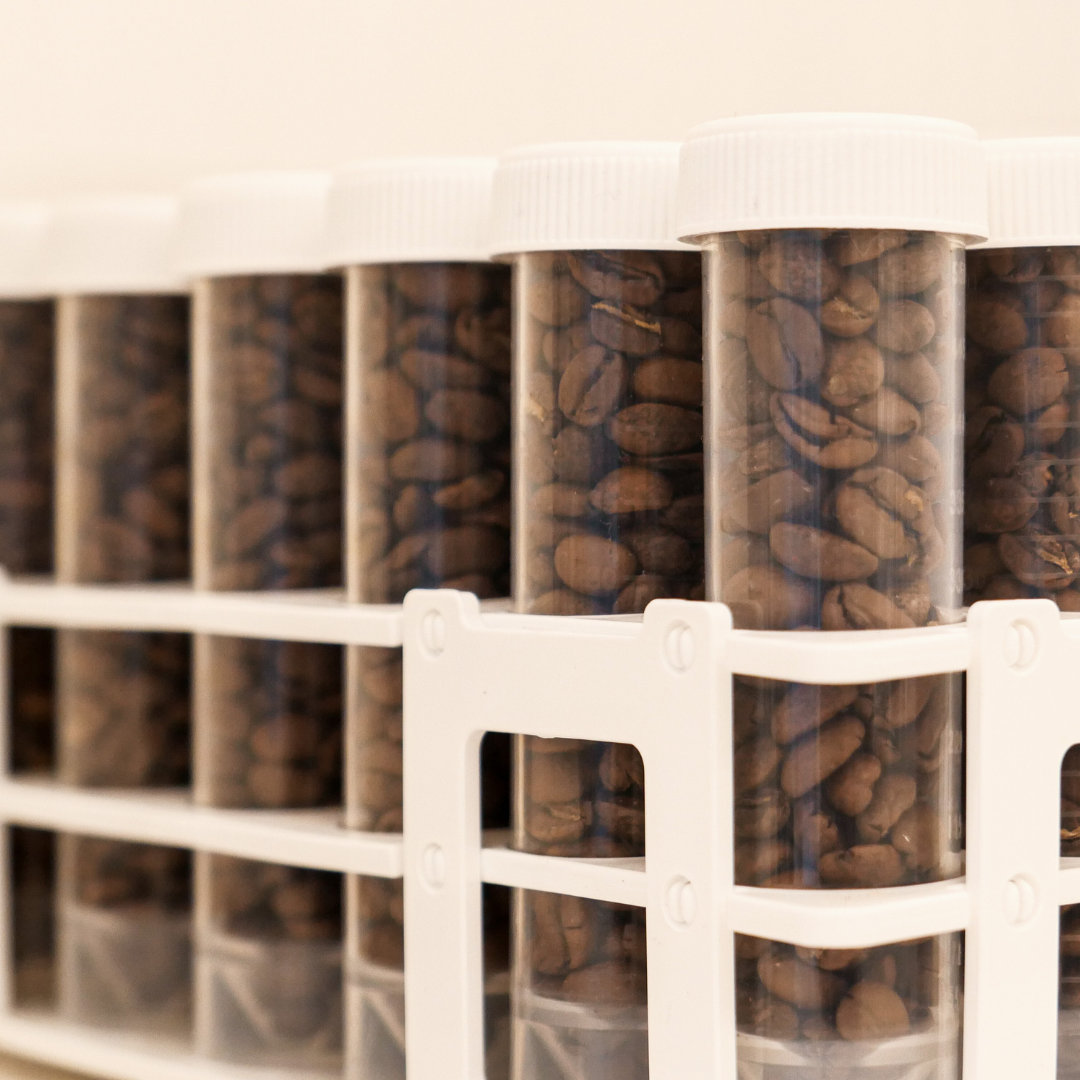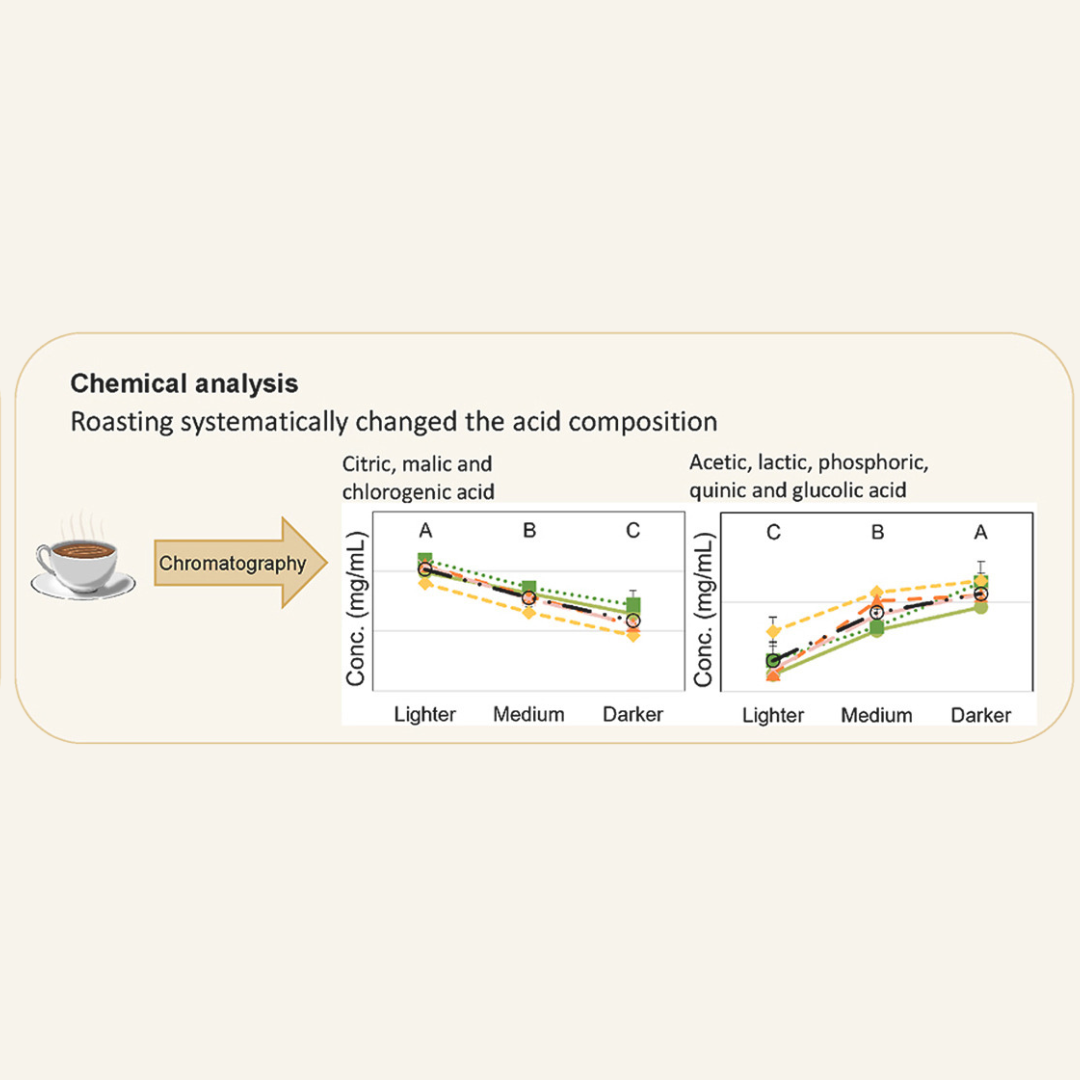When it comes to brewing coffee at home, many people focus on selecting the right beans, grind size, and brewing method. However, one crucial factor that often gets overlooked is the quality of the water used for brewing. In this blog post, we'll explore the truth about water quality for home brewing and how it can affect the taste of your coffee.
Tap Water vs. Filtered Water
Many home baristas wonder whether using filtered water for brewing coffee is necessary or if tap water is sufficient. The answer is that it depends on the quality of your tap water. Tap water can contain various minerals, chemicals, and impurities that can affect the taste of your coffee. Sometimes, tap water can even make your coffee taste unpleasant or bitter.
Filtered water, on the other hand, is typically free of most impurities and minerals that can negatively impact the taste of your coffee. Using filtered water can result in a cleaner and more consistent taste, which is why many coffee professionals recommend using it for home brewing.
How Different Water Affects Coffee Taste
It's essential to understand that the type of water you use can significantly impact the taste of your coffee. Different types of water contain varying levels of minerals and acidity, which can affect the flavour, body, and overall quality of your coffee.
(Generally speaking, water with a TDS of less than 60 ppm is considered very soft, while water with over 180 ppm is considered very hard. Neutral water, on the other hand, typically has a TDS of around 100 ppm)
Soft Water: Soft water has a low mineral content and is often found in areas with high rainfall. Soft water can result in a brighter and more acidic coffee with a lighter body and crisp finish.
Hard Water: Hard water has a high mineral content, usually calcium and magnesium. Hard water can result in a coffee with a heavier body, muted acidity, and sometimes a slightly bitter taste.
Neutral Water: Neutral water is water that has been treated to remove most of its mineral content. Neutral water can result in a coffee with a balanced taste profile and a smooth finish.
Finding the Right Water for Your Coffee
Finding the right water for your coffee requires some experimentation and trial and error. If you're using tap water, you can filter it to remove any impurities or minerals that may affect the taste of your coffee. Alternatively, you can use bottled water, which is often neutral and consistent in quality.
It's important to note that the quality of the water you use is just one of several factors that affect the taste of your coffee. The type of beans, roast level, and brewing method can also significantly impact the final taste of your coffee.
In conclusion, the quality of the water you use for brewing coffee at home can significantly affect the taste and quality of your coffee. While using filtered or bottled water may be the best option for achieving a consistent and clean taste, it's essential to experiment with different types of water to find the right one for your preferences. You can brew the perfect cup of coffee every time by paying attention to water quality and experimenting with brewing techniques.



